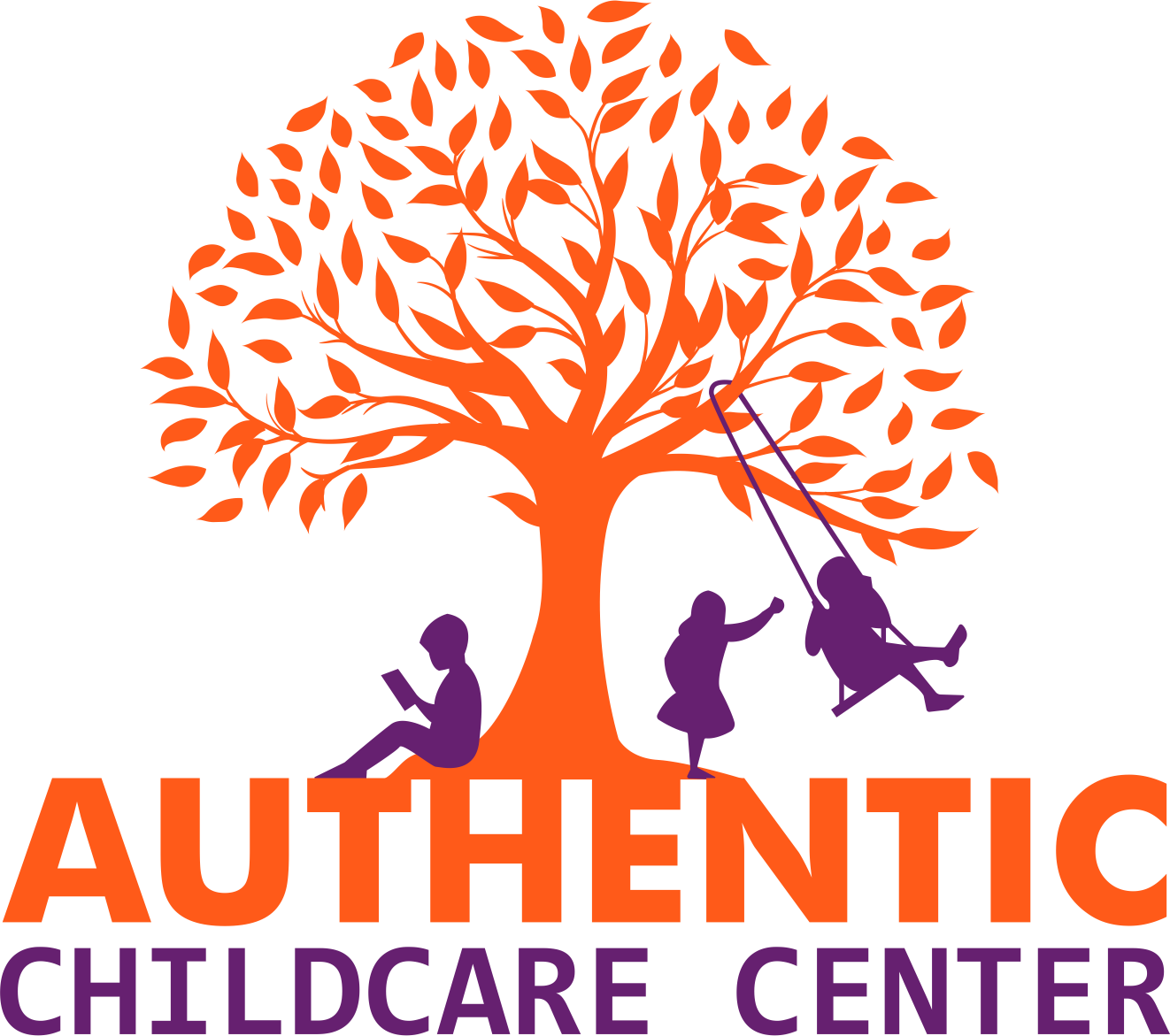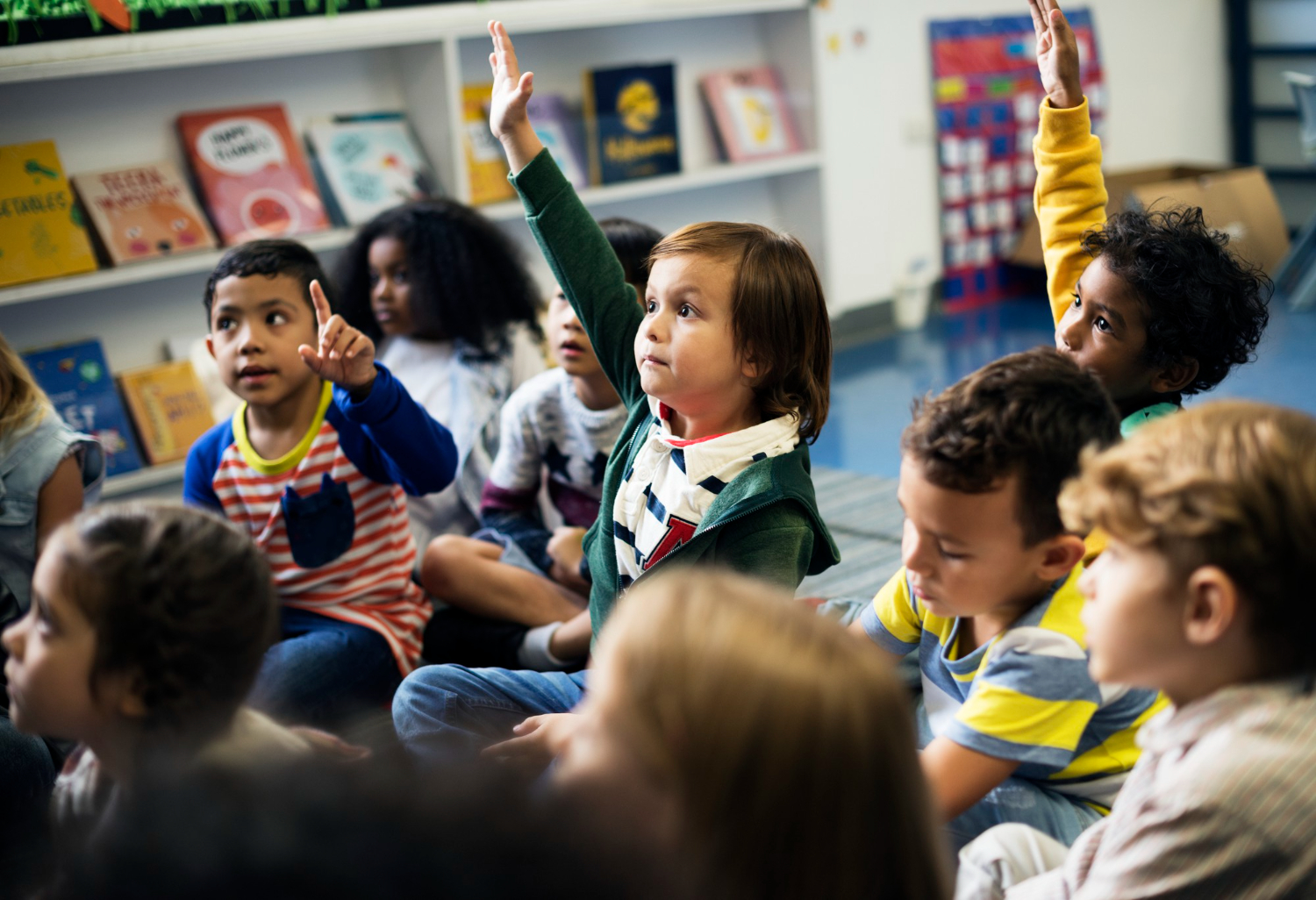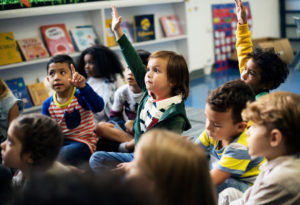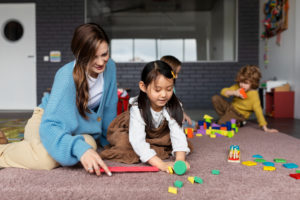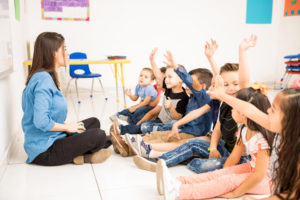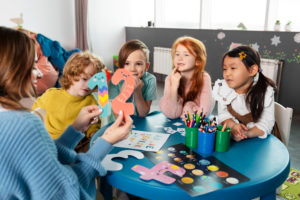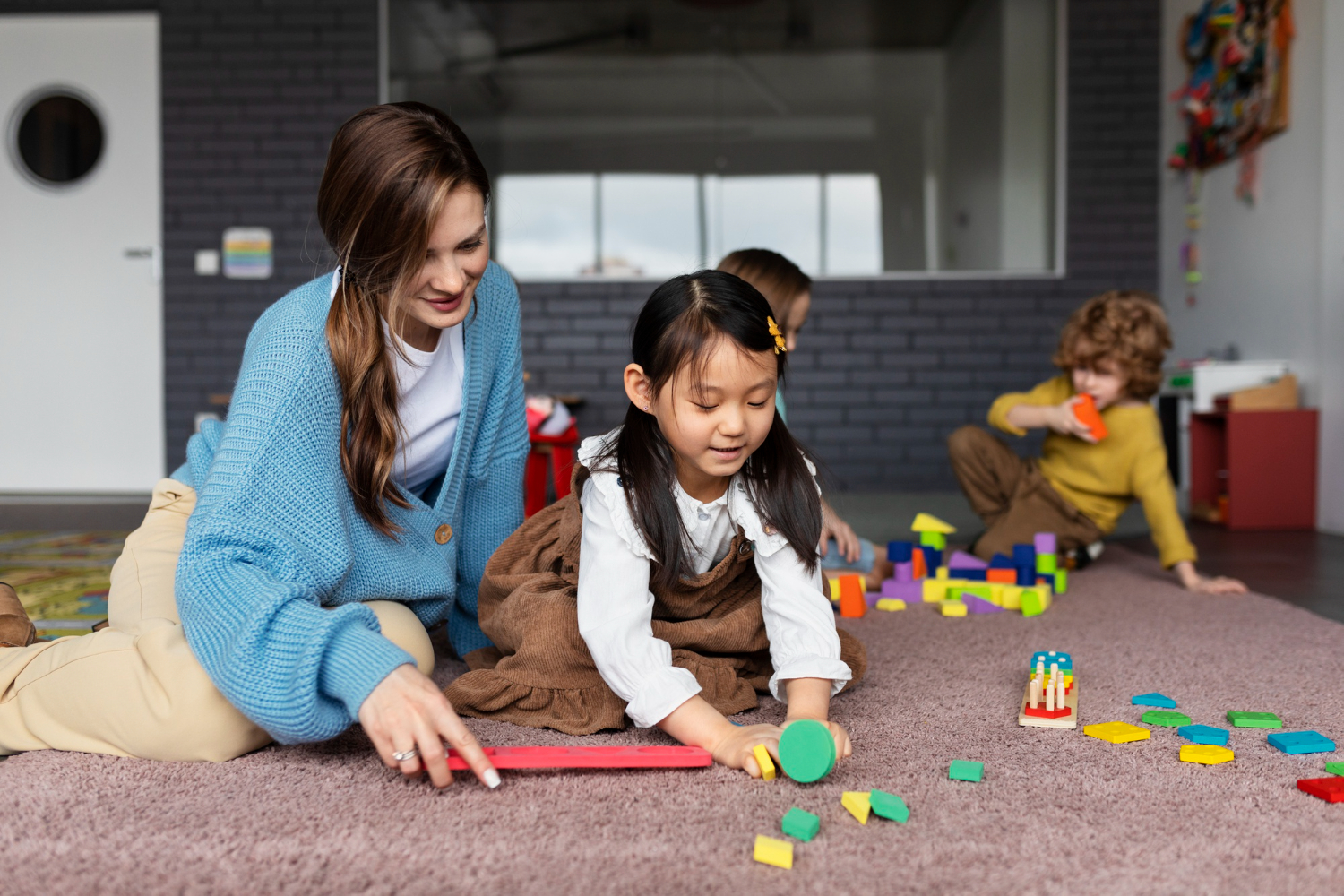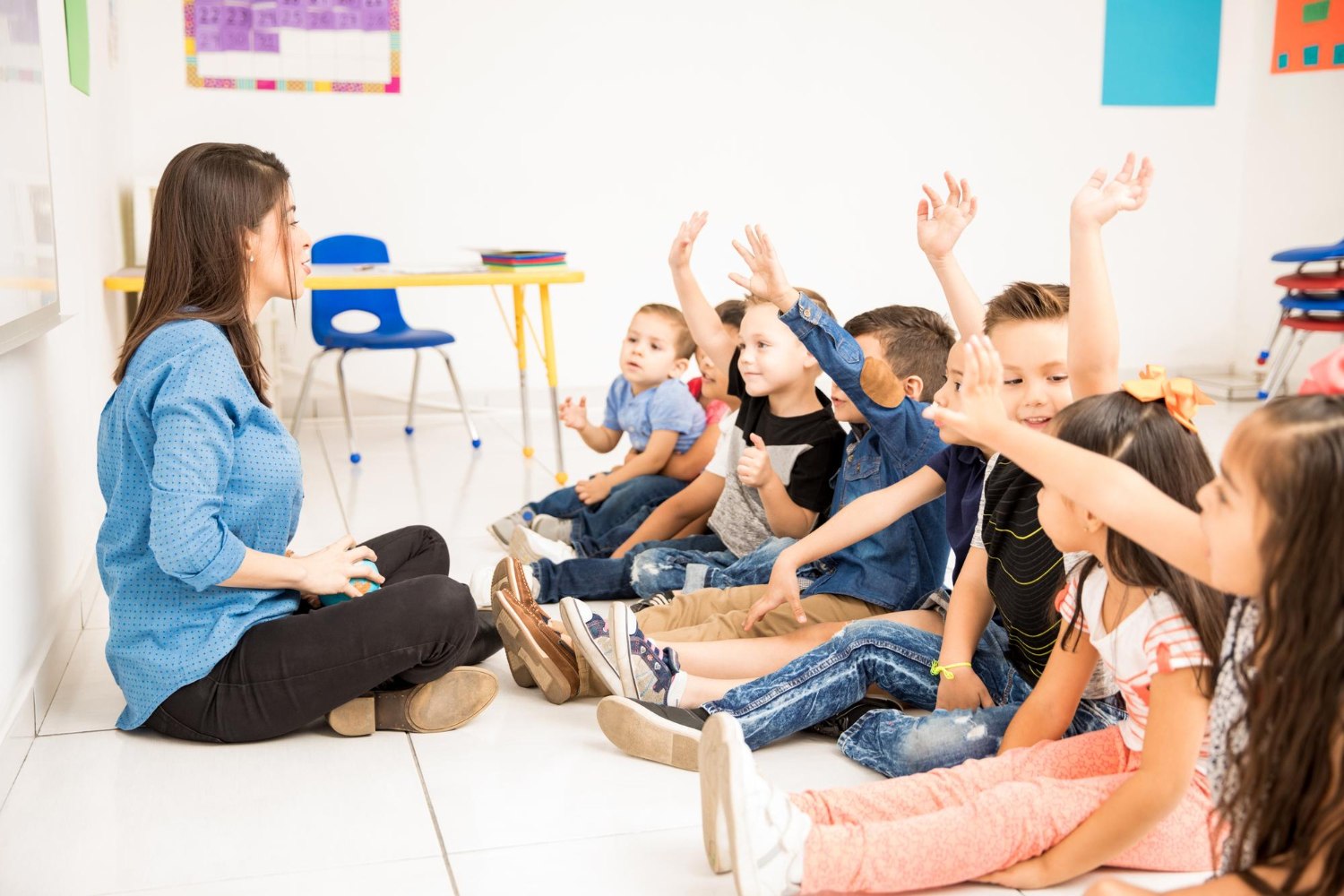There are several innovative solutions being developed to address emerging issues in early childhood education. Here are some examples of innovative solutions:
Remote Learning Technologies: Remote learning technologies have become more prevalent due to the COVID-19 pandemic, and they offer a solution for providing education and support for young children in remote or underprivileged areas. For example, some programs are using virtual reality to create immersive learning experiences that engage young children.
Personalized Learning: Personalized learning solutions, such as adaptive learning algorithms, can help address the individual needs of each child. By analyzing each child’s learning style and preferences, these solutions can create customized learning plans that support their development.
Multi-generational Learning: Multi-generational learning solutions bring together children, parents, and grandparents to create a supportive community for young children. These programs create opportunities for intergenerational learning, which can enhance children’s social-emotional development and support families.
Nature-Based Learning: Nature-based learning is an innovative approach that uses the natural world as a classroom. These programs provide opportunities for young children to learn about and engage with the natural environment, which can promote creativity, curiosity, and resilience.
Social-Emotional Learning: Social-emotional learning (SEL) programs are becoming increasingly popular in early childhood education. These programs focus on developing children’s social-emotional skills, such as empathy, self-awareness, and emotional regulation, which can help support their mental health and well-being.
Integrating Arts and Creativity: Integrating the arts and creativity into early childhood education can provide new and exciting ways for young children to learn and express themselves. Programs that integrate the arts, such as music, dance, and visual arts, can promote children’s creativity and imagination and support their cognitive and emotional development.
In conclusion, innovative solutions are emerging to address the emerging issues in early childhood education. By leveraging new technologies, creating multi-generational learning communities, and incorporating arts and nature-based learning, we can create more effective and engaging early childhood education programs that support the well-being and development of young children.
